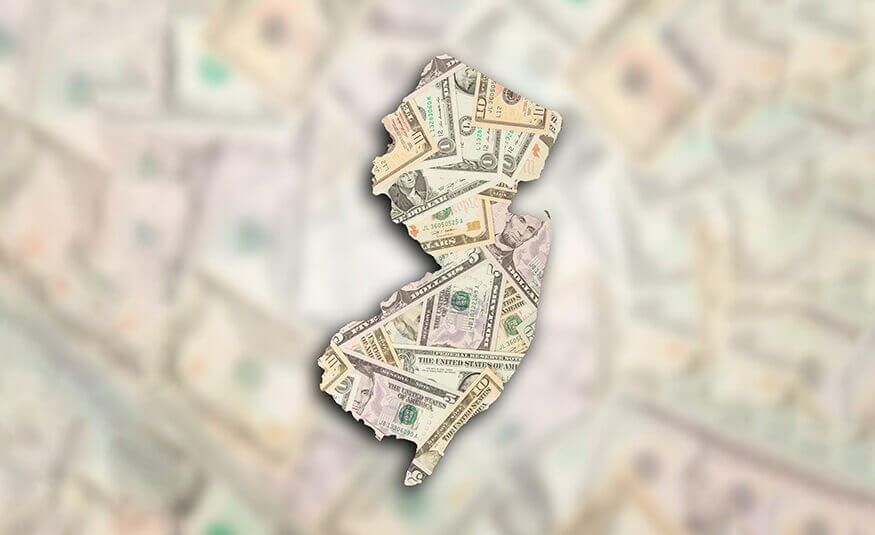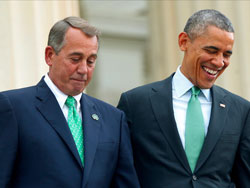New Jersey’s minimum wage is set to increase on Jan. 1, 2026, rising from $15.49 to $15.92 per hour for most workers. According to an October press release from the New Jersey Department of Labor and Workforce Development, the statewide rate will increase by $0.43 based on inflation data from the U.S. Bureau of Labor Statistics.
The adjustment is part of an annual series of increases tied to the Consumer Price Index (CPI), a provision established under a 2019 law signed by Gov. Phil Murphy. That legislation set a path to a $15 minimum wage before moving to inflation-based adjustments.
For seasonal and small employers, the wage will increase separately on Jan. 1, rising from $14.53 to $15.23 per hour as part of a continued phase-in intended to lessen the impact on those businesses. At Monmouth University, student employment rates have historically tracked with state requirements. The university’s Student Employment Office notes that, as of January 2025, most positions pay $15.49 per hour, matching the current statewide minimum wage. For students working on campus, the 2026 adjustment would mean a raise of approximately 43 cents per hour, amounting to an extra $4.30 per week before taxes for a student working 10 hours a week.
Riley Denker, a senior business major who works as a cashier at the campus bookstore, confirmed he is currently paid the state minimum wage.
“We are paid the full minimum wage,” Denker said. While he welcomed the increase, he noted that the extra 43 cents might not stretch far given current prices. “The increase is nice, but New Jersey and the U.S. still could use a lot of work in balancing the minimum wage increase to the inflation rate,” he added.
Denker also speculated on the broader economic implications for the university. “It could affect the budgeting,” he said, noting the significant financial commitments already made to areas like the school’s Division I athletic programs.
Other students are watching the change from the perspective of the off-campus job market. Moises Meza, a senior communication major, said he has followed news of the increase despite not currently working this semester.
“I believe that the wage increase is a good idea for undervalued jobs that may not pay workers enough,” Meza said.
However, Meza expressed doubt that the scheduled increase alone would be sufficient to keep up with the state’s cost of living. “I do not believe that a wage increase [alone] would fix the major problem of how expensive life is,” he said, adding that a focus on housing affordability would be equally important.
Under the 2019 state law, New Jersey now adjusts its minimum wage annually based on the Consumer Price Index. The New Jersey Business & Industry Association summarized the change, noting that cost-of-living data now drives these yearly updates. As the Jan. 1, 2026, implementation date approaches, student workers will likely see the new rate reflected in their first paychecks of the spring semester. Whether the 2.7% increase will make a tangible difference remains to be seen, as Denker and Meza both expressed uncertainty about how far the additional pay would stretch.




